Choosing A Scuba Regulator
How to Buy the Best One For You
A scuba regulator can be a major investment and there are literally hundreds to choose from. From budget to high end.
So how do you know which one would be the best one for you?
It's not rocket science, but there are quite a few factors to think about. Once you give some thought to the following list, your choice of a diving regulator should be easier (I hope!).
Below are some of the major factors you should consider before purchasing your scuba diving regulator.
Keep in mind that the best dive regulator for you may not be the best regulator for another person. It all depends on your personal preferences and diving patterns.
(For more information on dive regs, you might want to see our free guide to scuba diving regulators including our picks for best regulators at different price points.)
Things to Consider Before
Buying Your Scuba Dive Regulator
Type of Diving
What type of diving you do is a big factor in the type and quality of scuba regulator you will need.
If you only dive in the clear warm water of the Caribbean, a lower end regulator should work fine.
However, if you do cold water diving, deep diving, cave diving, etc. you would want a higher end model with different features. For instance, if you do cold water diving you would want a sealed first stage (see below).
So your first step is to consider the type of diving you do now and what type you plan on doing in the future.
This scuba regulator should last you for years so if you plan on getting involved in different category of diving in the future, you might want to take that into consideration when making that purchase.
Price Point
How much are can you, or are you willing to, spend on a diving regulator?
Regulators can run anywhere from under $200 to over $1,000. Typically (as with most things in life), the more you spend, the higher quality and more features the reg will have.
However, this does not mean that a $200 regulator is no good. Today, pretty much any scuba regulator you buy will work adequately and give you air at the recreational depth limit of 130 feet.
If not, that company would most likely be out of business or buried in lawsuits. So while a $500 reg may be more comfortable to use, a $200 reg will still get the job done.
Of course, this should be taken into consideration with the point above - what type of diving do you do? If you do more than warm water recreational diving, you will probably want to spend more on a regulator than the bottom end model.
(You can check out our picks for top dive regulators at different price points here. )
Performance
Some dive regulators are going to perform better than others.
Some will feel like you have to breathe harder to get air, some will breathe wet, some will give you more air than others and so on.
Each regulator will have its' own performance issues - or non-issues as the case may be. Needless to say, all things being equal, the more you pay the better probability that the reg will have conquered some of these issues.
Obviously, this one is going to be harder to judge. After all, if you don't own and use the regulator, how will you tell how it performs?
Probably the best way is to scour the internet for reviews of regulators you are interested in. There are some pretty good and thorough reviews out there so it is a good source.
Also, ask around. When you're out diving, ask people what scuba dive regulators they use and how they perform. Ask at your local dive shop (though keep in mind they may not be unbiased as they would like to make a sale.)
When you are renting equipment, look at the brand of scuba equipment you are using and take note of how it performs.
It's not easy, but it worth trying to get as much information you can about a scuba regulator before you make that purchase.
Comfort
When I rent diving equipment, some gear will feel more comfortable than others.
As far as a scuba regulator goes, consider these questions:
- Do you feel like you have to bite down hard to keep it in your mouth?
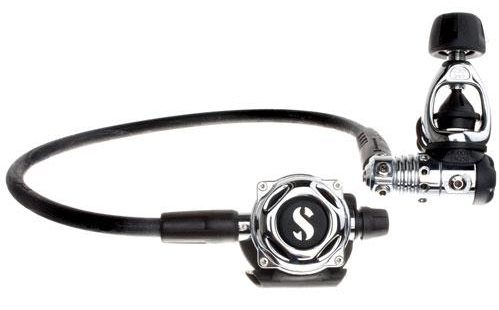
- Is the hose short and you feel like it is pulling at your head?
- Does it make an annoying noise when you breathe into it?
- Do the bubbles go into your face when you exhale?
Some of these things can be corrected. For instance, you can change the mouthpiece on a regulator or you can buy a longer hose.
The less issues you have with a regulator, the more enjoyable your dive will be.
Diaphragm or Piston
Do you want a diaphragm or piston construction? From my research, the consensus appears to be that there is not a noticeable difference in performance between a diaphragm or piston first stage.
However, there are a couple of things to consider.
Piston first stages more often than not, are more expensive than a diaphragm first stage. Also, a piston first stage has less moving parts which tends to make them more reliable. For this reason, deep divers tend to favor a piston first stage.
For recreational diving however, either construction should be fine.
Balanced or Unbalanced
A balanced scuba regulator will have consistent airflow no matter how much air is in the tank or what depth you are.
An unbalanced regulator tends to become harder to breathe as your tank pressure decreases and/or you go deeper. Of course, you will still be able to breathe, it just may take some more effort.
Entry level regulators are usually unbalanced. However, with some newer models, you may not even notice a difference. One advantage is that unbalanced regulators usually cost less to service.
If you have the budget, this is probably one area where you would want to pay more. Balanced regulators are easier to breathe and are worth the investment to make your dive more enjoyable (IMHO).
Ports
Most scuba dive regulators will have one (possibly 2) high pressure ports and 4 low pressure ports. The more you have, the easier it will be to configure the gear in a position that is comfortable for you.
Some first stage regulators have a swivel which can make it easier to place the hoses in a comfortable position. The port themselves may be all over the first stage or in groups.
One is not necessarily better than the other. What is right for you is the one that works best with our gear.
Sealed or Unsealed
An unsealed scuba regulator means that water can enter the first stage. If you are just diving the clear, warm waters of the Caribbean an unsealed dive regulator should work fine.
It has the added advantage of being cheaper too.
However, what you should get depends, once again, on what type of diving you do. For instance, it you do cold water diving, you should get a sealed first stage since the water could freeze in the reg.
So what is the bottom line on buying a scuba regulator?
Buy the one that fits the way you dive and fits your budget.
If all you can afford is an entry level reg, that should be more than fine if all you do is warm water tropical diving.
If you can afford more, add some features that will make your diving easier, such as a balanced regulator. However, even the features that will make a dive easier is personal to each diver.
So think about the way you dive and think about your pocketbook and you will be well on the way to getting the right scuba regulator for you.
You can also check out our picks for the top dive regs at various price points.
And once you buy that regulator, follow these scuba regulator maintenance tips to keep it in good working order.
Take a look at our Regulator Guide for more information.
Have a nice, easy breathing dive!
Want to stay down longer and improve your buoyancy control and other diving skills? Our free report "Increase Your Bottom Time" along with our practical, weekly actionable tips will have you looking like a seasoned diver in no time. So come join us and see improvement on your very next dive!
(Click on the photo to join us now!)
What's New
-
Unofficially Summer
May 25, 24 07:19 AM
Well it is finally here. Memorial Day weekend and the unofficial start of summer! Wishing everyone a happy and healthy holiday weekend. Hopefully the weather cooperates wherever you are and you will b… -
Happy New Year
Jan 01, 24 06:00 AM
Happy New Year everyone! I hope everyone is well and had a fun New Years Eve! May your new year be filled with lots of wonderful dives. All the best to you and yours in 2024! Let the dives begin. -
Happy Holidays
Dec 14, 23 05:05 AM
I hope everyone is enjoying the holiday season! I am always amazed at how fast time flies and another year is just around the corner. I wanted to pop in and say hi to everyone. I am doing some full ti… -
3 Common Scuba Diving Mistakes New Divers Make
Feb 23, 23 02:18 PM
In this video, I share 3 common scuba diving mistakes beginner divers make. Learn how to correct these for a better - and safer - dive. -
Scuba Diving Tipping Etiquette: How Much And When To Tip Scuba Crew
Feb 06, 23 03:34 PM
Not sure of scuba diving tipping etiquette? In this video I share who to tip, when to tip, how much to tip, tipping on liveaboards, tipping an instructor & more
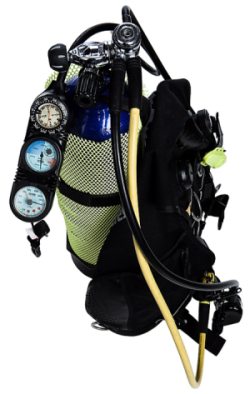
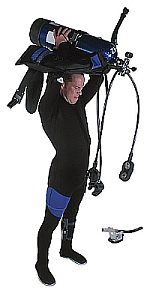
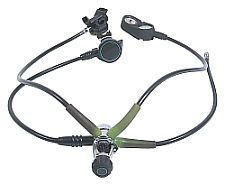
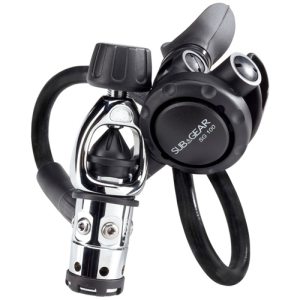
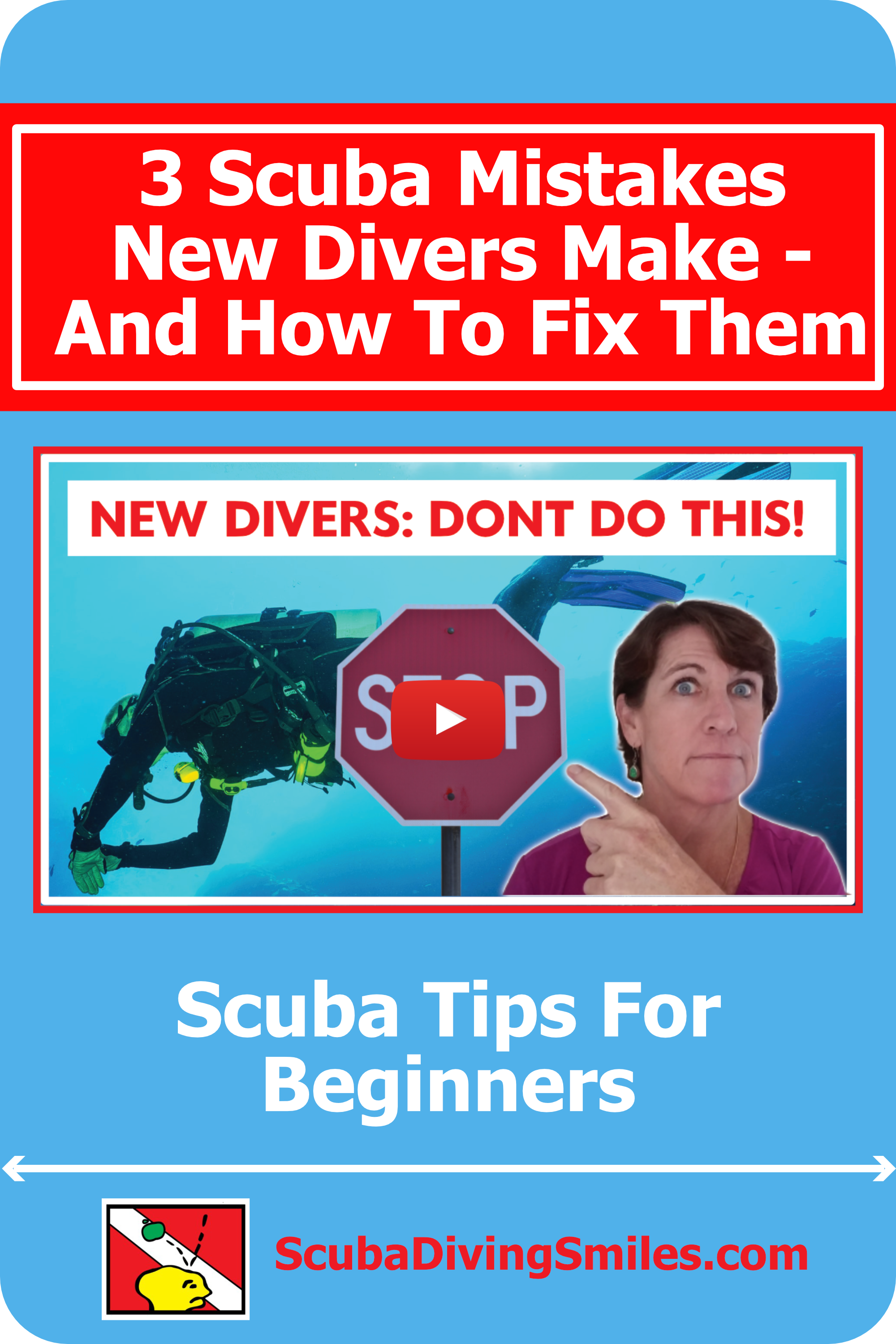
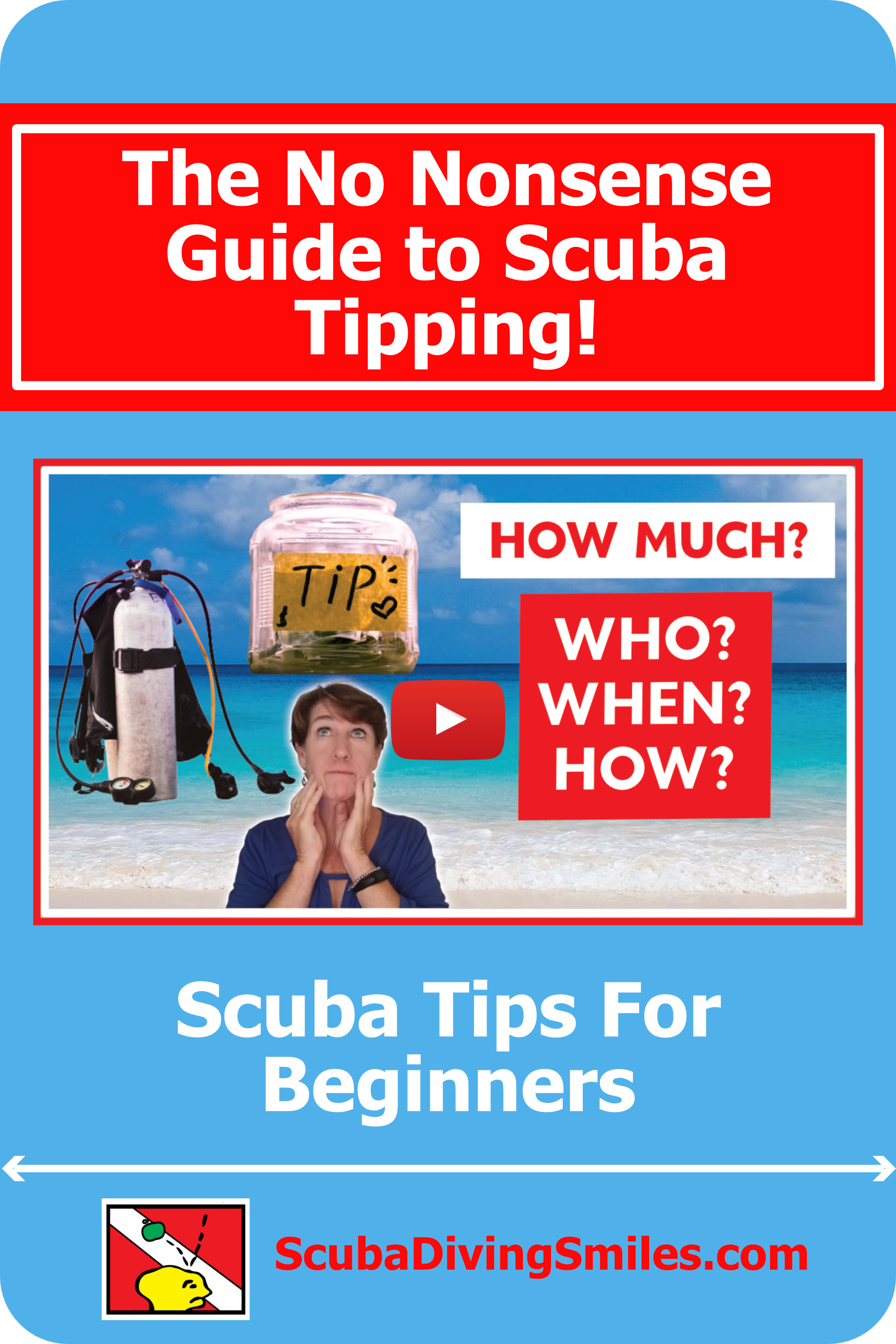
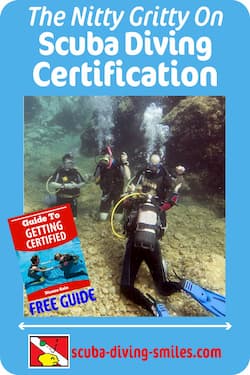
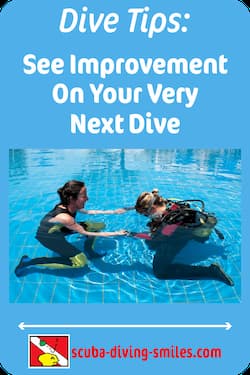
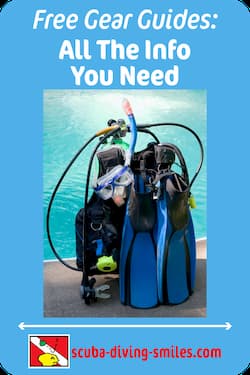
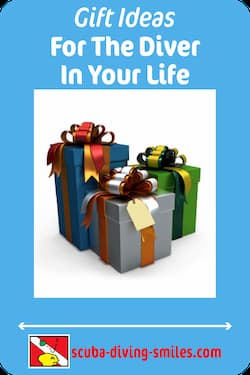
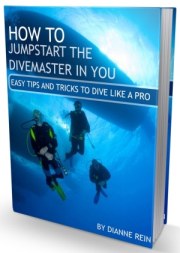
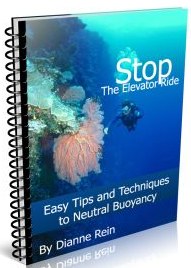
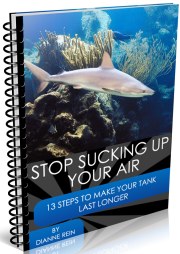
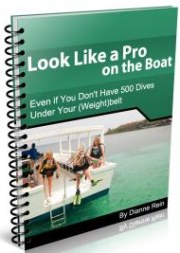
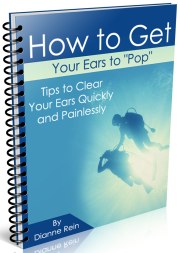
New! Comments
Have your say about what you just read! Leave me a comment in the box below.